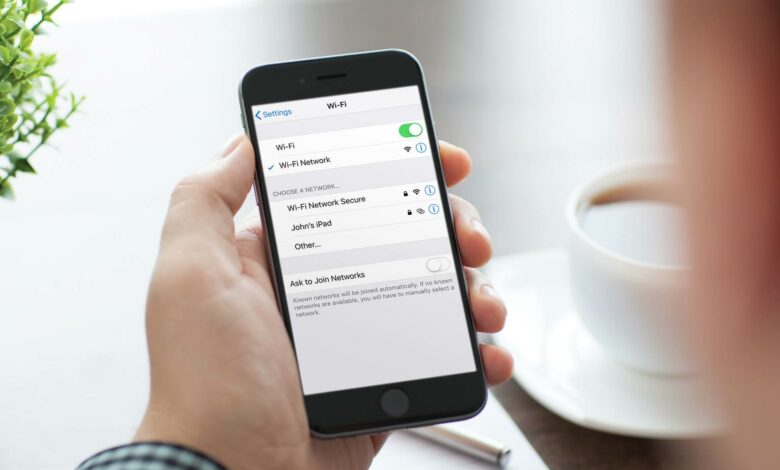5 Ways to Protect Your Home Network Security

Securing your home network is more important than you may think. When all of the devices inside your home are connected to the same WiFi router, your privacy may be at risk if you don’t take proper security measures. This is because hacking the WiFi router may allow a hacker to access all devices connected to that network, along with the information stored on those devices.
Hence, if your home network security is compromised, it could put your mobile phones, laptops, and other internet devices at risk as well. So, here are 5 effective and useful home network security tips to ensure maximum data protection.
1. Change the Default Name and Password
Changing the default name and password of your WiFi router is hugely important. Mainly, this is because the default name of the router can give hackers information on the hardware and encryption that you use, and this information can be used against you.
The default password should also be changed as soon as you set up your WiFi. Default passwords usually aren’t very secure, and your ISP likely has some record of it in their databases, which is a big security risk. However, please don’t swap one bad password for another bad password. Make sure it’s strong and nearly impossible for outsiders to guess (this website can tell you how good your password is).
Once you change the login information to your WiFi router, please protect that information at all costs! As much as we’d like to recommend not to share your WiFi password with anyone, that’s just not possible sometimes. However, make sure you only share it with your closest friends and family who you know you can trust. And consider changing the password every few months just to be safe.
2. Turn off WiFi when Leaving your Home
When you’re leaving your house and nobody is going to be using the WiFi, make sure you turn it off. If a hacker or cybercriminal can’t connect to your network, they can’t hack it! It’s as simple as that.
We understand if you don’t want to follow this tip every day. It can be too much of a hassle for many. However, when you’re leaving for vacation and know that you’ll be away for weeks or even months, you should always turn off your WiFi. Not only will this help in securing your network, but it will also reduce your electricity bill!
3. Keep Updating your router’s Firmware
Did you know that many WiFi routers don’t update their firmware automatically? Well, if you have one like that, it’s your job to manually update it every time there’s a new update release.
To do this, simply connect your router to your computer, log in to your router’s manufacturer’s website using the router’s login credentials and IP address. Then, search for the latest firmware update and see if one pops up. If it does, click on download and install to update your router’s firmware for higher security.
4. Utilize WiFi network Encryption Mode
All WPA3 routers have an encryption option. Use your router’s login credentials and IP address to access the router’s settings. Find the “encryption” settings and turn WiFi encryption on. Through this, you can encrypt all the data being transferred between the router and all devices around the house.
Eavesdropping is one of the biggest concerns that WiFi networks and wireless channels face. Through WiFi encryption, you can prevent hackers from easily spying on the transfer of digital data.
5. Turn off Remote Access
Most routers come with a pre-enabled remote access feature. This feature allows users to manage and handle the settings of their home WiFi network from just about any location where they have an internet connection. Sounds convenient, doesn’t it? Well, it’s also a big security risk.
Whether you’re at home or away, the pre-enabled remote access feature isn’t just available to you. If a hacker manages to get their hands on your information, they’ll also be able to access your network remotely. Hence, someone with the right set of skills can crack and exploit the remote access feature to compromise your home network security. So make sure you turn off remote access in your router’s settings.
Conclusion
Everybody should take extra care in securing their home WiFi network. We all like to think that we’ll never be the next target of cybercrime, but you never really know. That’s why you need to be ready for any hacking attempt that comes your way.
Although hackers and cybercriminals can be very skilled, you can ensure that you’re always one step ahead of them. Make sure to follow the steps mentioned in this article, or maybe even hire professionals to assess your home network security and make sure that it’s as strong as possible. Good luck!




